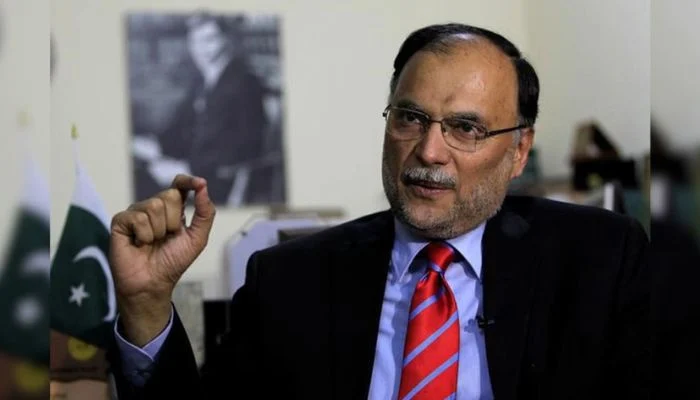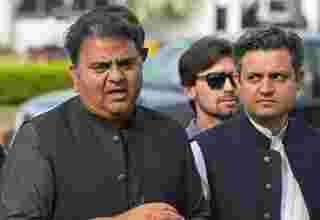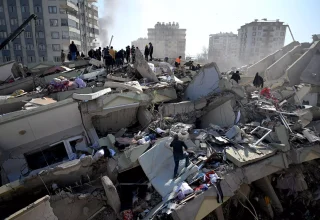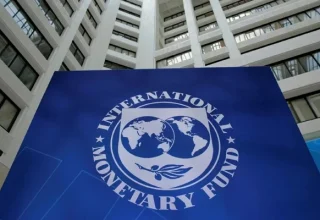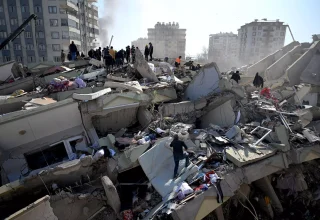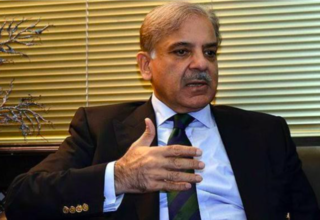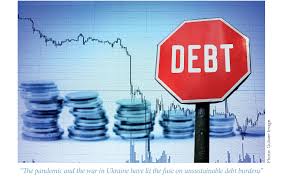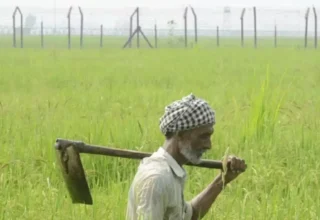ISLAMABAD, June 21(ABC): Federal Minister for Planning Ahsan Iqbal has stated that corruption is not the dominant driver impeding Pakistan’s economic development, citing instances of countries that managed to advance despite corruption levels comparable to Pakistan’s, reported.
The PML-N leader said that “political instability and policy reversals” were far greater impediments to Pakistan’s growth than corruption. According to him, the country is on the verge of “complete bankruptcy”, so there is an urgent need to sign a Charter of the Economy to ensure policy continuity and consistency.
At a seminar titled “Grand National Dialogue 2022: Unlocking Pakistan’s Economic Potential” hosted by the Islamabad Policy Research Institute (IPRI) on Monday, Iqbal gave a very emotional speech and admitted that his generation is ashamed of not delivering what the country deserved, primarily due to political instability and inconsistency in policy.
He stated that India and Bangladesh had surpassed Pakistan on all economic fronts, prompting us to question what went wrong on our side. He stated that he had supervised Rs3,200 billion in development funds between 2013 and 2018, as well as $29 billion in projects under the China Pakistan Economic Corridor (CPEC), and that if anyone could prove corruption of 32 paisa or 29 cents, he should be declared a national criminal and banned from politics for life.
He said that one former minister was alleged to have gotten kickbacks of Rs70 billion in the construction of the Multan-Sukkur motorway, and as a matter of fact, it was the Chinese side selecting contractors that resulted in the slowing down of the CPEC in totality.
He said that corruption is used as a tool for political victimisation and he was thrown behind bars for the construction of the Sports Complex at Narowal, a project which was approved before he got a ministerial slot during his last tenure.
Iqbal said that the accountability process was used as witch-hunting against opponents and now the situation has got to a level where the bureaucracy is not ready to sign a contract of Rs10. He maintained that the accountability process should be pursued in a transparent and across-the-board fashion.
The minister deplored that he had talked about reducing the usage of tea and it was made a joke. Trolling on social media has become the new normal, he said, adding that the economy is a serious issue which should not be made part of our jokes.
“A difference of opinion should not be used for hatred. Polarisation has reached its apex and I have a bullet in my body as hatred was inculcated into the mind of a young man. Fake news on social media is being used to promote hatred in our society,” he said.
The minister said that no investment could be lured until and unless we put our house in order, and that necessitates a consistent policy backed by all the stakeholders.
He regretted that the BRI’s flagship initiative, CPEC, couldn’t take off in Pakistan to this day, owing to political bickering, an unsatisfactory law and order situation, and a trust deficit of sorts between various poles of power.
He recalled his previous government’s efforts in launching Vision 2010, and then again reviving the same policies in 2013 under the Vision 2025 strategy. He, however, said that they could not see the light of the day, and the result was an economic mess before us.
He said that political differences are appreciated in any pluralistic society, but not at the cost of vendetta. He observed that the budget for 2022-23 is no more than a nightmare, and there are hardly any funds at hand to carry on the business of the state as well as development. The enigma is that borrowing is needed to meet day-to-day expenses, and this is detrimental to progress. “The sooner we come out of the debt trap and deficit economy, the better,” he said.
He cited the examples of Bangladesh, Vietnam, Cambodia, Laos, and Myanmar to make the point that these fragile economies grew because of a sustained approach, and by winning over the confidence of the international investment market. He pointed out that Pakistan’s foreign direct investment is hardly to the tune of $1.5 billion, whereas there is a cash treasure floating around in the Asian markets soliciting competitive economies.
Ahsan Iqbal remarked that Pakistan has fallen in stature in the last 25 years, and we need to do some deep introspection on this failure. He said that a high growth rate tempts imports, and this is where we fall into the trap of circular debt and a current account deficit. He said that Pakistan is in need of export-led growth, and that too, with a consistent decade-long plan of action. He called for a national consensus on the economy and invited stakeholders across the board to huddle together to bail out the economy and rebuild a sovereign economic edifice.
The seminar was also addressed by Haroon Sharif, former chairman of the Board of Investment; Dr Abid Suleri, Executive Director SDPI; Dr Usman Chohan, Director CASS; Maha Rahman, Director MHRC LUMS; Dr Ikramul Haq, Adjunct Professor LUMS; and Dr Aneel Salman, Chair of Economy IPRI.



